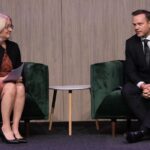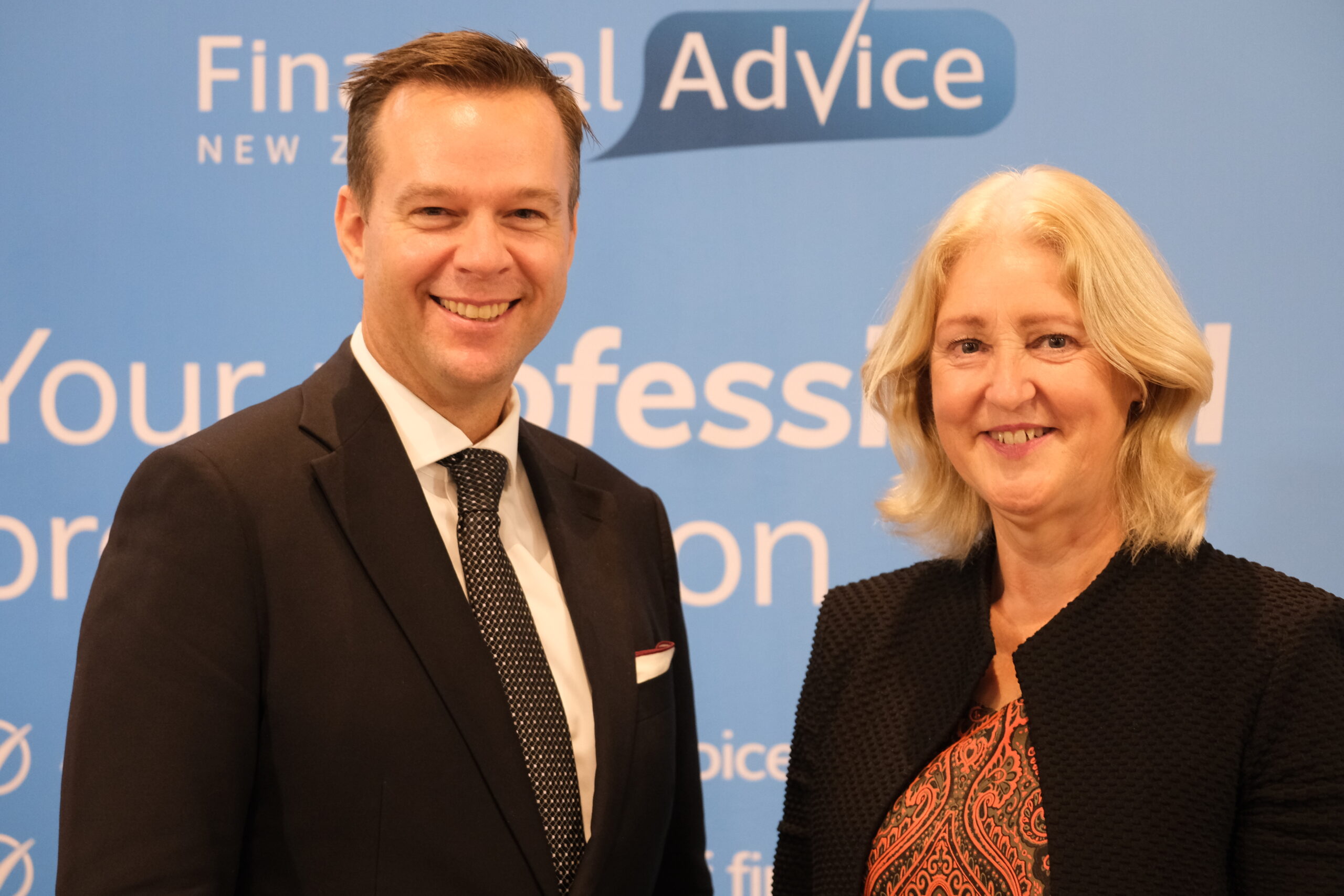Every now and again we pause in our extremely busy lives and wonder where our money has gone for the week, the month – and sometimes the year.
We live in a fast-paced world where it’s so easy to spend our income because it has an element of being invisible. We electronically receive our incomes, whether they’re wages, salaries or drawings. And we tend to spend everything via cards, whether it be Eftpos, credit cards or even direct debits. And with online shopping literally at our fingertips, that makes the opportunities for that spending more accessible that it’s ever been.
So, at what point do we pause and say enough is enough and I need to feel like I have spent my money wisely, in a considered manner.
In such moments, many of us will do a bit of digging to see where the wastage has occurred, and it’s at this point it’s a good idea to have a look at what we are trying to achieve financially, and to consider pushing the reset button.
What does the pause look like?
Firstly, it’s always a good idea to do some analysis on what you receive and what you spend and put them into categories. There are lots of online tools that can help you do this. Your electronic banking allows you to download all your transactions, so that’s a good place to start.
Once you can see where you’re spending your money you can make some decisions around the types of changes you’d like to make.
Let’s look at the typical big-spending areas.
Mortgage/rent – whichever applies to you, this is most probably your biggest monthly spend and it’s pretty-well set unless there’s a way to alter it. For example, you could change the terms of your mortgage or find a cheaper rental. With mortgages, you could opt for monthly repayments instead of fortnightly (though that will mean you pay more interest in the long run), or change banks for a lower rate (there maybe costs associated with this option). With your rent, finding a cheaper rental these days is easier said than done, unless you are happy to move into a lower-quality place or move further away from the centre of the city.
Food – this spend tends to partially fixed because you need the basics, but I can guarantee in many instances the shopping trolley carries a lot more than the basics. There are lots of options you could take to lower the bill: shop around and buy only on special, plan meals instead of wasting food in the fridge, pack your lunch, make some food from scratch such as soup or biscuits, or explore cheap meal options – Google “cheap meal options” and you’ll be inundated with ideas.
Going out – how many meals do you eat out or at least get in takeaways? Uber Eats can add up really quickly, as does fast convenience food. Do you need them?
Online shopping – there’s a big difference between a necessity and a nice-to-have, or the trap of an amazing sale. This can become addictive and using the credit card or a debit card is painless. Be strong.
Electricity – look at what your behaviour is regarding heaters, electric blankets, leaving lights on, the dryer. Look around at electricity rates – there are some great price comparison websites that may give you surprising options.
Transport – car and car parking vs public transport. If public transport is convenient, often the cost of a monthly pass will be way cheaper than car running and parking costs. Maybe you’re close enough to work to bike or walk.
Entertainment – subscriptions for Netflix, Disney, Neon, Sky, Amazon and Spark Sport can stack up fast if you’re not careful. How many do you have and how many do you need?
Health and fitness – it’s perhaps a good time to be honest with yourself and decide if you are going to the gym often enough to justify the cost. Consider downloading a free phone app and start running or walking regularly.
Once you’ve finished some of these reviews, and have identified where you can save money, look at what you want to achieve with a new lens: do you want to start saving or investing more? Do you want to have some personal protections such as life insurance, or that trauma or loss of income insurance you’ve always meant to look at?
Decide what’s really important to you.
Taking time to pause and reflect on what, how, and why we spend our money is a great beginning and one we probably don’t do often enough.
I usually go on this pause mission (my husband calls it my ‘pause and destroy mission’) just before I’m due to have a meeting with my financial adviser – not only so I know how I’m tracking on my goals, but also because it triggers me on a regular basis to reflect on my finances and stay focused on what’s important to me.
My challenge to you – give it a go, its surprisingly empowering.
[ends]







